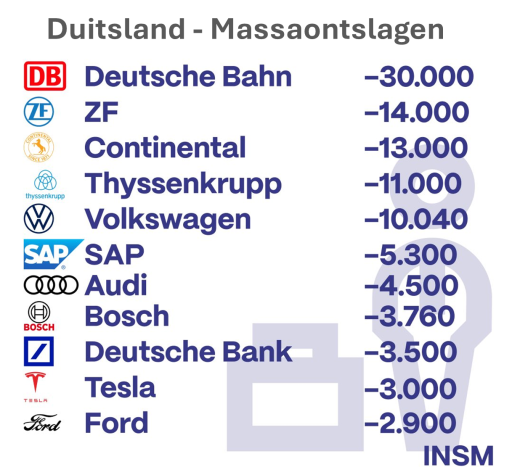Bitcoin breaks $100,000 mark! Find out how to protect your profits with gold!
December 6 2024
With Bitcoin having broken the $100,000 mark, many investors are looking at ways to use their profits wisely. One interesting strategy is to diversify your portfolio by reinvesting some of your profits in gold.
Gold has been seen as a stable investment for centuries, especially in times of economic uncertainty and inflation. It offers a solid counterpart to Bitcoin's volatility and can contribute to a more balanced long-term strategy. By including both gold and Bitcoin in your portfolio, you benefit from the unique advantages of both assets. This can contribute to a long-term perspective and help you protect your assets from inflation and economic uncertainty.
South Korea: unexpected political turn
The newsletter opens with striking news from South Korea, the world's tenth-largest economy and normally a stable democracy. President Yoon suddenly declared a state-of-beleg. A state-of-beleg means the military is temporarily given a lot of power to solve or prevent a crisis. Yoon justified this action by saying that the opposition would have too close ties with North Korea.

However, the state-of-commitment was soon revoked, and the South Korean finance minister, at whose behest the state-of-commitment was called, stepped down. President Yoon is also expected to resign. These unexpected events highlight how quickly (geo)political tensions can rise, even in seemingly stable countries. In any case, the South Korean currency, the Won, took a big hit. South Korean shares also went down, although they recovered on news that the siege had been lifted.
Political unrest in France
Political tensions are also rising closer to home. In France, Prime Minister Barnier's government fell after Marine Le Pen decided to back a no-confidence motion from the left-wing opposition. This cabinet had only been in place since July and is already having to make way for a new government.

The next French government will face major challenges, mainly because of its huge budget deficit. Political instability makes it harder to tackle that deficit, which is likely to lead to higher interest rates on French government bonds. The European Central Bank (ECB) may have to intervene to prevent this from escalating into wider economic problems in the eurozone.
Weak economic confidence in Europe
Meanwhile, confidence among European companies remains low. The Eurozone Manufacturing PMI, a key indicator of production and confidence in manufacturing, came in at 45.2. A score below 50 indicates contraction, and this low level has persisted for years.


China: low interest rates and attractiveness of gold
In China, 10-year government bond yields fell below 2% this week. This is remarkably low for a country aiming for 5% economic growth. China's economy remains under pressure due to a prolonged crisis in the property sector. To stimulate the economy, China, like many other countries in similar situations, is lowering interest rates.
